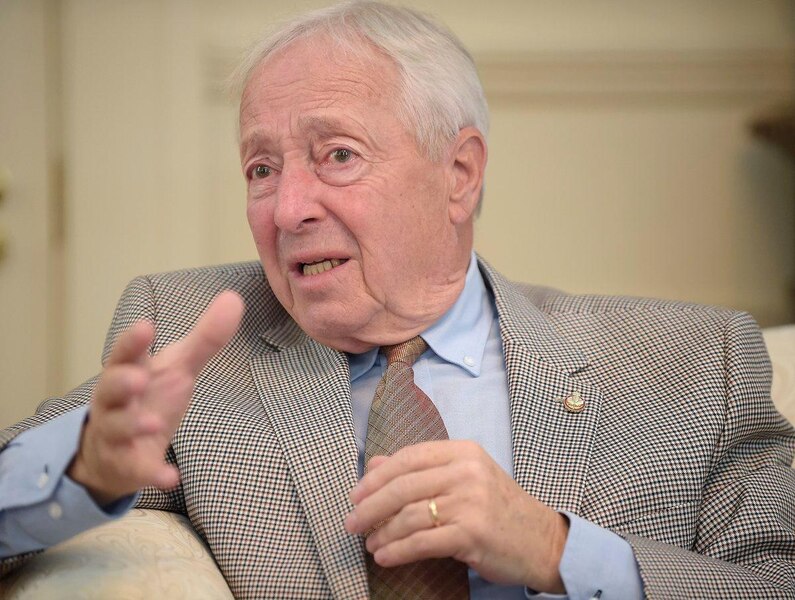The lieutenant governor said be careful with his spending

Archival Photo DIDIER DEBUSSCHERE
The lieutenant-governor of Quebec Michel Doyon
QMI agency
Monday, 26 march, 2018 20:40
UPDATE
Monday, 26 march, 2018 20:41
Look at this article
The lieutenant-governor of Quebec, Michel Doyon, has defended his employment of time and ensured that it is careful in its expenditure during an interview with TVA News.
For the sake of transparency, Mr. Doyon has decided to make public its agenda. However, it does not contain many activities. Some days, it does not participate as a game official. Other days, it does not schedule a breakfast.
The lieutenant-governor, who is also called to sign laws, give the medals and a host of dignitaries, will be a challenge for anyone who looks like he does nothing.
“There are days that I do 12 hours. We made 75 000 km of cars per year. Therefore, if we find that this is not working too well…”, defended the lieutenant governor.
The image of this honorary position had been tainted by one of the predecessors of Michel Doyon, Lise Thibault, who had been sentenced to 18 months in prison for fraud at the end of a long legal saga.
Mr. Doyon swears that he has not adopted the pace of life and sumptuous Ms. Thibault. “You can look at my spending. I go to Mcdonald “s restaurant [the more expensive] where I’m going, this is the Saint-Hubert”, he argued.
His firm has fewer employees than that of Lise Thibault, who had, a year before his departure in 2007, an operating budget of 1.42 million $, 12 employees and two guards of the body.
The law firm of Michel Doyon costs 1.36 million $. It has seven employees and two guards of the body. When he receives people, he did the shopping himself.
“I’m going to me-even at Costco look for things to receive. […] Me, I said to myself, “be careful, this is not your money'”, he told.
He said he is open to what its function is changing with the times, but to abolish it, it would require the unanimous consent of the House of commons in Ottawa, the Senate and all the provinces.



